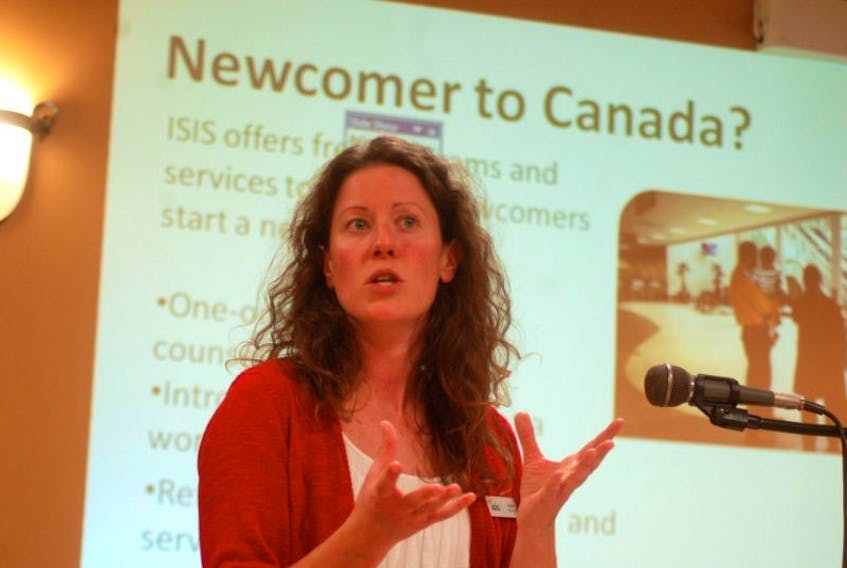Atlantic Canada has enjoyed considerable success attracting skilled immigrants and foreign students to our shores.
The problem — as federal Immigration Minister Ahmed Hussen noted at the Moncton conference on the Atlantic Growth Strategy this week — is retention. They come here and they don't stay.
And weaker than expected results from a recent immigration initiative suggests the region has a lot of work to do.
The Atlantic Immigration Pilot Project (AIPP) got off to a slow start last year. It aimed to connect immigrants with companies seeking specific employees, hoping to bring and retain up to 2,000 additional immigrants and their families to the region in 2017, with increased numbers in following years if the program performed well.
Atlantic Canada has a retention rate for skilled immigrants of around 60 per cent, compared to rates of 90 per cent or higher in Ontario and Alberta.
Prince Edward Island filled its 2017 AIPP quota, continuing the province's recent successes in retaining immigrants. New Brunswick reached about three-quarters of its target, while Newfoundland and Labrador and Nova Scotia only found about 25 per cent of the workers needed to fill specific jobs.
AIPP obviously encountered some growing pains but has wide support and the potential for growth. It was announced recently that AIPP would continue and double to an annual allocation of 4,000 new immigrants by 2020.
A program targeting foreign students to stay in Atlantic Canada after graduation was getting attention this week. It was announced in Moncton that a program that helps international students to stay and work in Nova Scotia is expanding into the other three Atlantic provinces.
Hussen noted that Atlantic Canada has a retention rate for skilled immigrants of around 60 per cent, compared to rates of 90 per cent or higher in Ontario and Alberta. The region-wide extension of Nova Scotia's Study and Stay aims to improve that imbalance, and complement the AIPP.
Targeting foreign students makes sense. In recent years, the number of international students at Atlantic universities has surged as institutions aggressively recruited outside the country to replace a declining number of Canadian students. At many universities, foreign students account for more than 20 per cent of the student population.
Study and Stay provides supports for up to 50 international students during their final year of post-secondary studies. The program includes career mentoring and access to employment options. There is also a subsidy to help local employers offset the cost of hiring students for a work-term after they graduate.
The N.S. program will now be adapted to meet the specific needs of other Atlantic provinces.
As P.E.I. Premier Wade MacLauchlan noted, it's essential for Atlantic provinces to increase their populations, which in turn will help their economies to grow.
The foreign student program offers plenty of for Atlantic Canada.
It might start off slowly, but the rewards could be well worth the investment.









